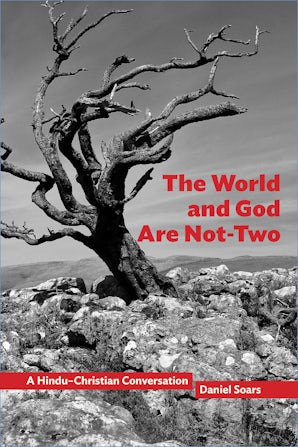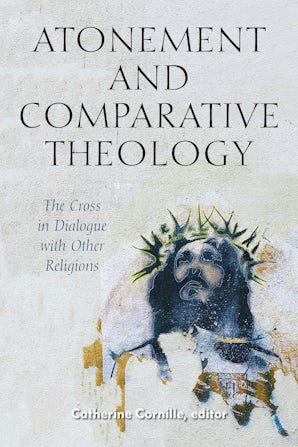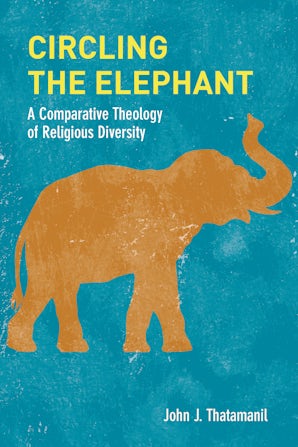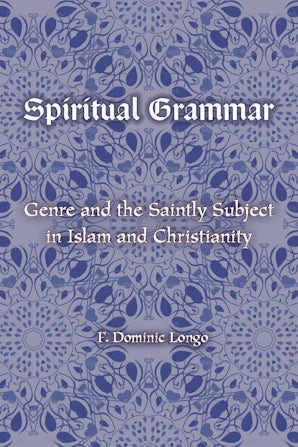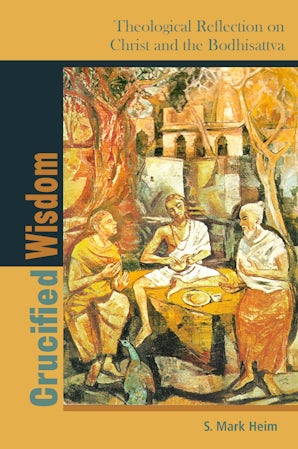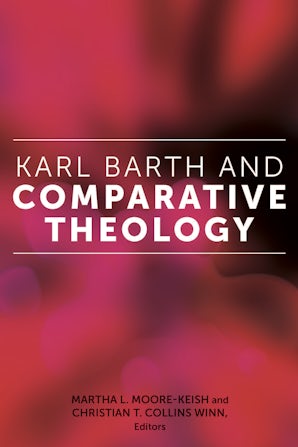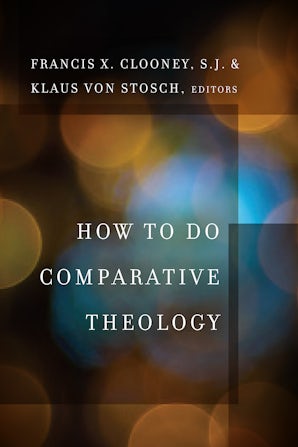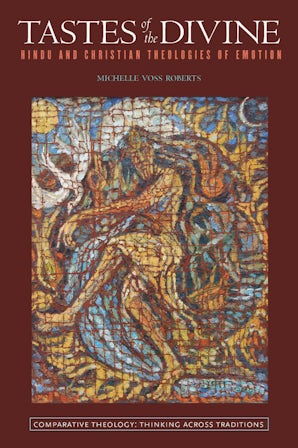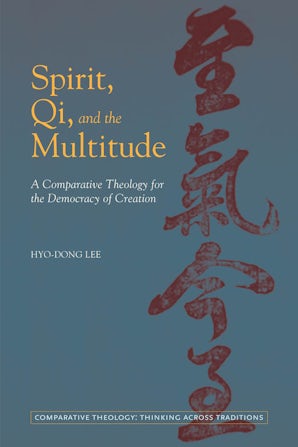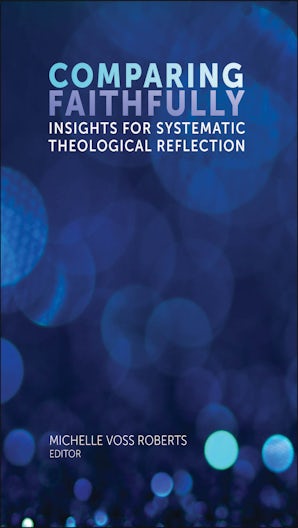Comparative Theology: Thinking Across Traditions
Edited by Loye Ashton, Tougaloo College and John J. Thatamanil, Union Theological Seminary
This series invites books that engage in constructive comparative theological reflection that draws from the resources of more than one religious tradition. It offers a venue for constructive thinkers, from a variety of religious traditions (or thinkers belonging to more than one), who seek to advance theology understood as “deep learning” across religious traditions.
A variety of models exist at present for comparative theology. Some argue that comparative theology is best understood as situated learning in which a thinker within a particular religious tradition engages in the work of “crossing over and coming back,” thereby enriching the home tradition with fresh creative/critical insights. Others argue that comparative theology is a mode of public truth-seeking inquiry: the theologian may belong to a given tradition but writes to and for any interested inquirer regardless of tradition. This series leaves such differing viewpoints open and invites authors to take them up as they engage in the work of comparative theology.
This series is interested mainly in rich comparative studies that bring two, or more, traditions into a conversation. Nonetheless, we also welcome and encourage works that explore methodological questions such as: What is comparative theology? Is comparative theology different in kind from constructive or systematic theology? Just who is the comparative theologian, and what is his/her relationship to the traditions from which s/he learns?

The World and God Are Not-Two
Daniel Soars
ISBN: 9781531502058
More DetailsAtonement and Comparative Theology
Edited by Catherine Cornille
Contributor(s): Bede Benjamin Bidlack, Francis X. Clooney, Thierry-Marie Courau, S. Mark Heim, Daniel Joslyn-Siemiatkoski, Leo D. Lefebure, Daniel A. Madigan, Marianne Moyaert, Joshua Ralston, Elochukwu Uzukwu, Klaus von Stosch and Michelle Voss Roberts
ISBN: 9780823294343
More DetailsCircling the Elephant
John J. Thatamanil
ISBN: 9780823287734
More DetailsSpiritual Grammar
F. Dominic Longo
ISBN: 9780823283699
More DetailsCrucified Wisdom
S. Mark Heim
ISBN: 9780823281237
More DetailsKarl Barth and Comparative Theology
Edited by Martha L. Moore-Keish and Christian T. Collins Winn
Contributor(s): Chris Boesel, Francis X. Clooney, Christian T. Collins Winn, Victor Ifeanyi Ezigbo, James W. Farwell, Tim Hartman, S. Mark Heim, Paul Knitter, Pan-chiu Lau, Martha L. Moore-Keish, Peter Ochs, Marc A. Pugliese, Joshua Ralston, Anantanand Rambachan, Randi Rashkover, Kurt Anders Richardson, John N. Sheveland, Mun'im Sirry and Nimi Wariboko
ISBN: 9780823284603
More DetailsHow to Do Comparative Theology
Edited by Francis X. Clooney and Klaus von Stosch
ISBN: 9780823278411
More DetailsTastes of the Divine
Michelle Voss Roberts
ISBN: 9780823257393
More DetailsSpirit, Qi, and the Multitude
Hyo-Dong Lee
ISBN: 9780823255023
More DetailsComparing Faithfully
Edited by Michelle Voss Roberts
ISBN: 9780823274673
More Details
